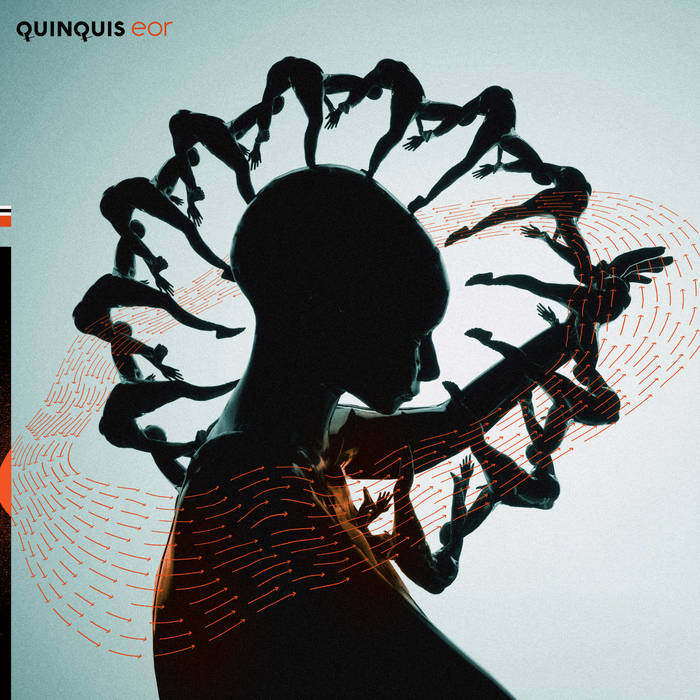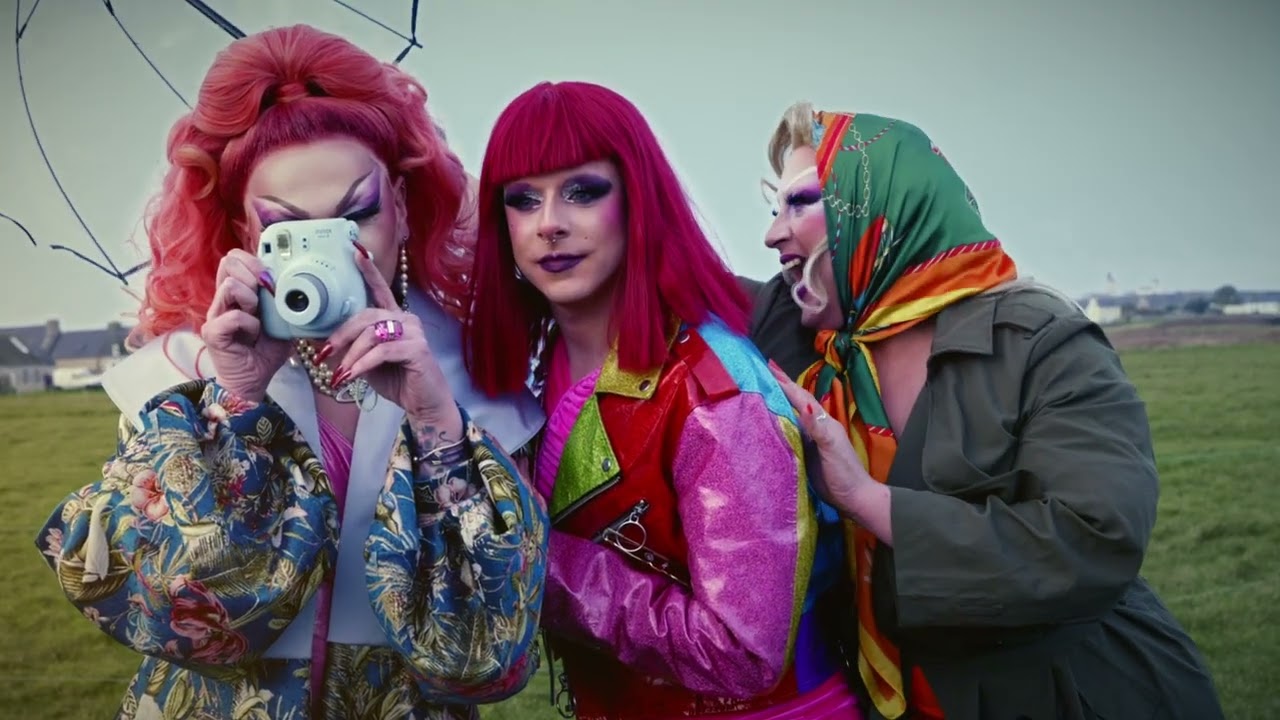Three years ago, Breton producer Émilie Quinquis decided, for pragmatic reasons, to learn to sail solo. Living on Ushant, an island with a landmass of six square miles off the cost of Brittany, she wanted to be able to come and go as she pleased. As she grew more confident at the helm, she graduated to travelling further out – to the Irish Sea, around islands off Scotland and north to the Faroes.
These journeys, a sense of Quinquis placing herself at the mercy of the elements and being amidst a world that ebbs and flows, rises and falls, came to shape her music. Eor is thus an album you can hear as a collection that reflects the sea’s different moods. To take just one example, ‘The tumbling point’ has a gathering urgency so that the middle of the song becomes akin to being caught by a fast-running current. The track hints too at Abba in both its melody and in its underlying sense of melancholy, which is no bad thing.
Quinquis began to think about folklore associated with the sea, ‘Dec’h’ (“yesterday”) is a tale of mermaids. In the accompanying video, directed by Vanessa Le Rest, drag queens are stand-ins for the mythical sea-maidens and, after landing on Ushant, persuade Quinquis to glam up, a life-affirming transformation. Considering how mermaids are more usually portrayed as dangerous sirens or tragic figures, there’s a playfulness here, a subversion of familiar narratives.
This sense of the traditional and modern colliding is heightened by the lyrics on eor being sung primarily in Breton, an endangered Celtic language spoken by at most 250,000 people. This means you’re forced to follow the moods of the music rather than the lyrics – even more so on ‘Inkanuko’ (“desire” in Zulu), which features South African vocalist Desire Marea.
As to how these moods are created, this is an album built on modular synthesizers in all their wavy glory. At times, there are retro flourishes so that the aforementioned ‘Inkanuko’ calls to mind the Stranger Things theme (which itself riffed off John Carpenter), yet there’s a 21st-century sheen, too, to tracks co-produced by Gareth Jones (Depeche Mode). Matters conclude with the LP’s most downbeat song, ‘Aet on’ (“I went”), which paradoxically calls to mind a longing for home. In which context, eor means “anchor” in Breton. An album that beautifully conjures up movement, travel and adventure, but also the longing to find safe harbour.



